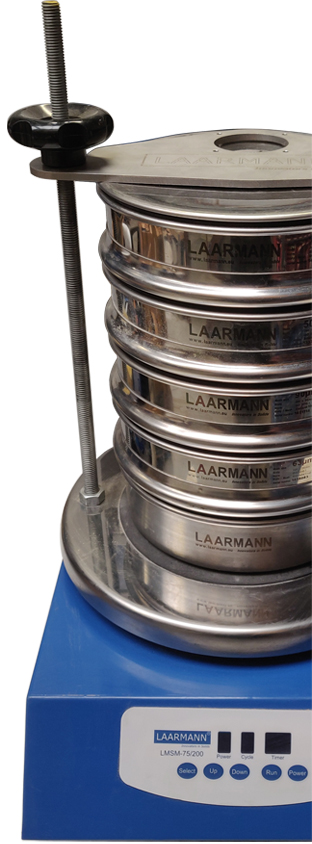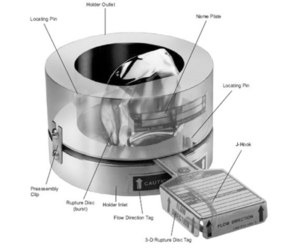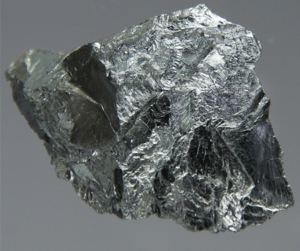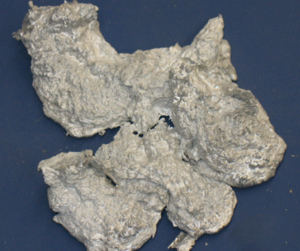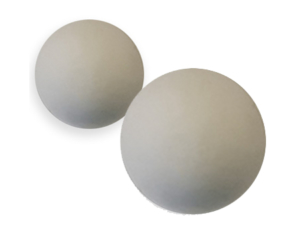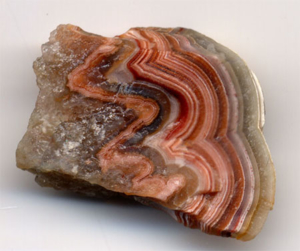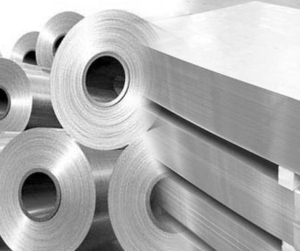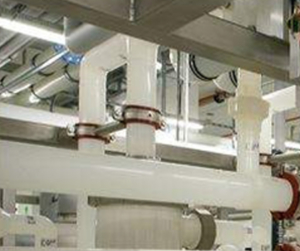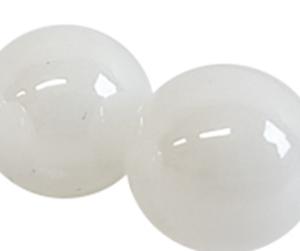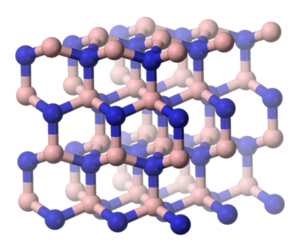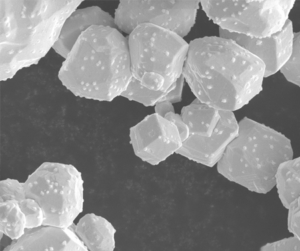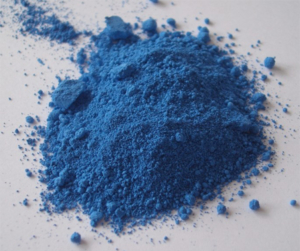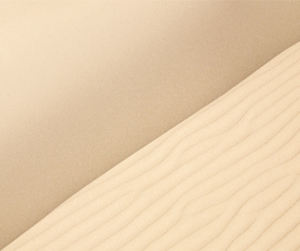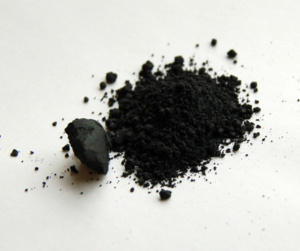Polyurethane
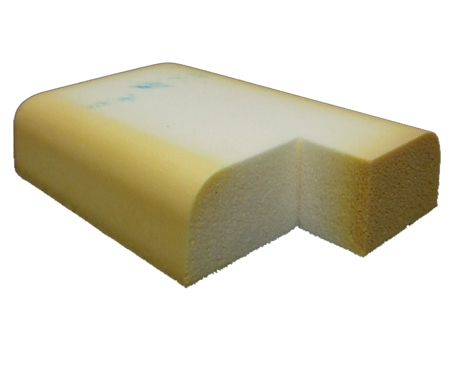
Polyurethane (PUR and PU) is a polymer composed of organic units joined by carbamate (urethane) links. While most polyurethanes are thermosetting polymers that do not melt when heated, thermoplastic polyurethanes are also available.
Polyurethane polymers are traditionally and most commonly formed by reacting a di- or tri poly-isocyanate with a polyol. Since polyurethanes contain two types of monomers, which polymerise one after the other, they are classed as alternating copolymers. Both the isocyanates and polyols used to make polyurethanes contain, on average, two or more functional groups per molecule.
Polyurethanes are used in the manufacture of high-resilience foam seating, rigid foam insulation panels, microcellular foam seals and gaskets, durable elastomeric wheels and tires (such as roller coaster, escalator, shopping cart, elevator, and skateboard wheels), automotive suspension bushings, electrical potting compounds, high performance adhesives, surface coatings and surface sealants, synthetic fibers (e.g., Spandex), carpet underlay, hard-plastic parts (e.g., for electronic instruments), condoms,[1] and hoses.

